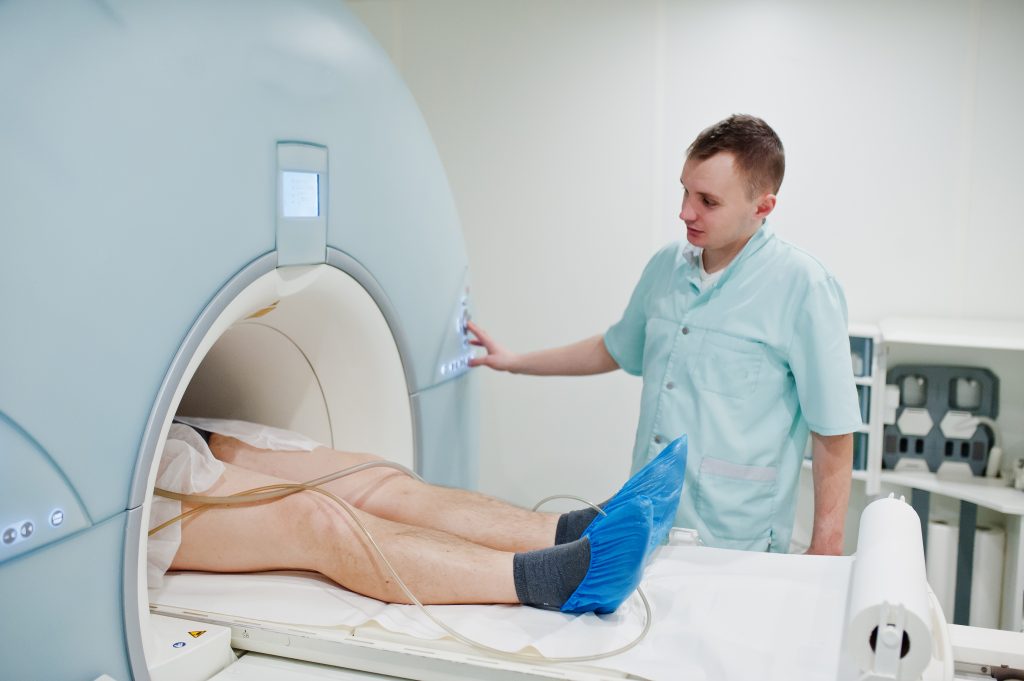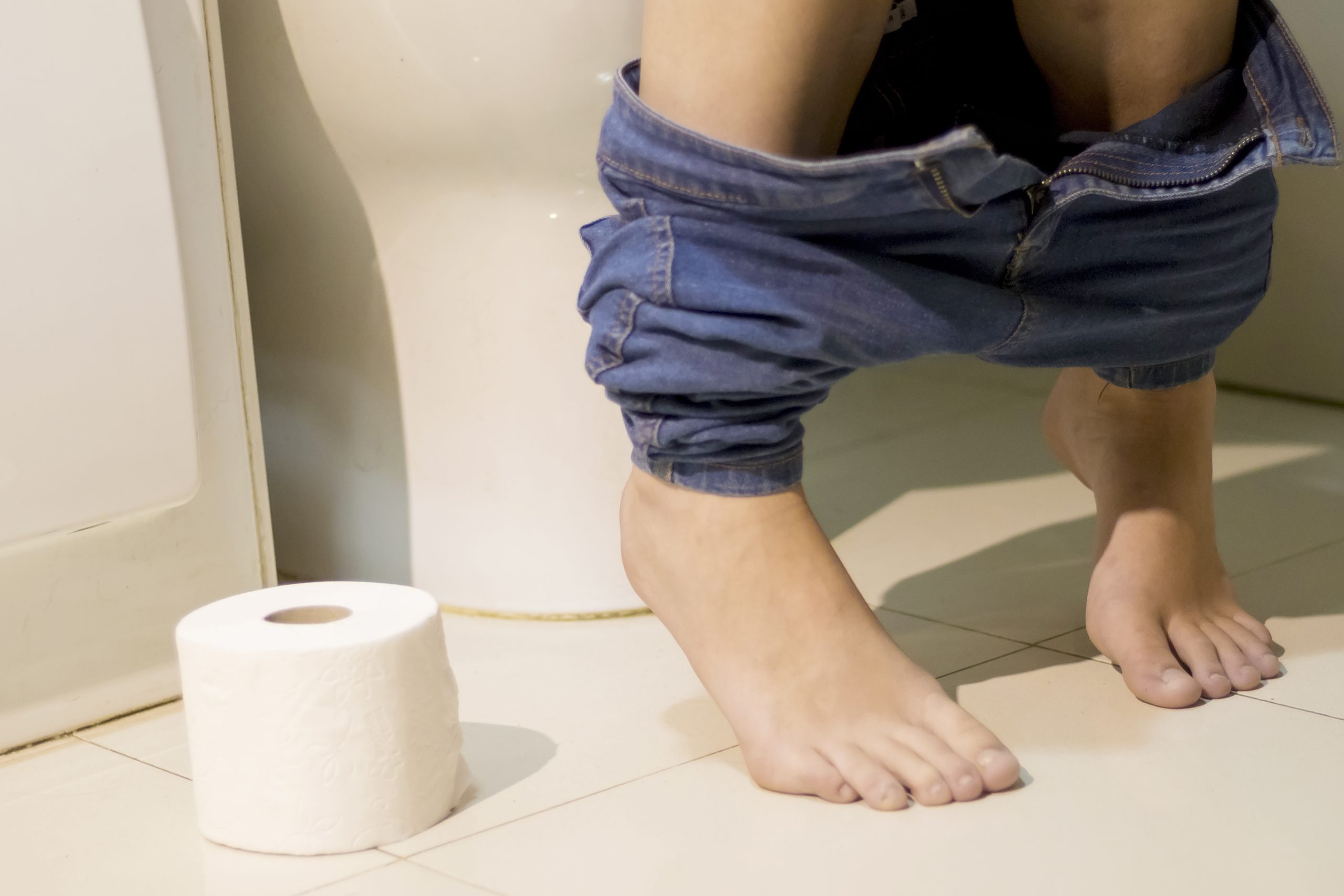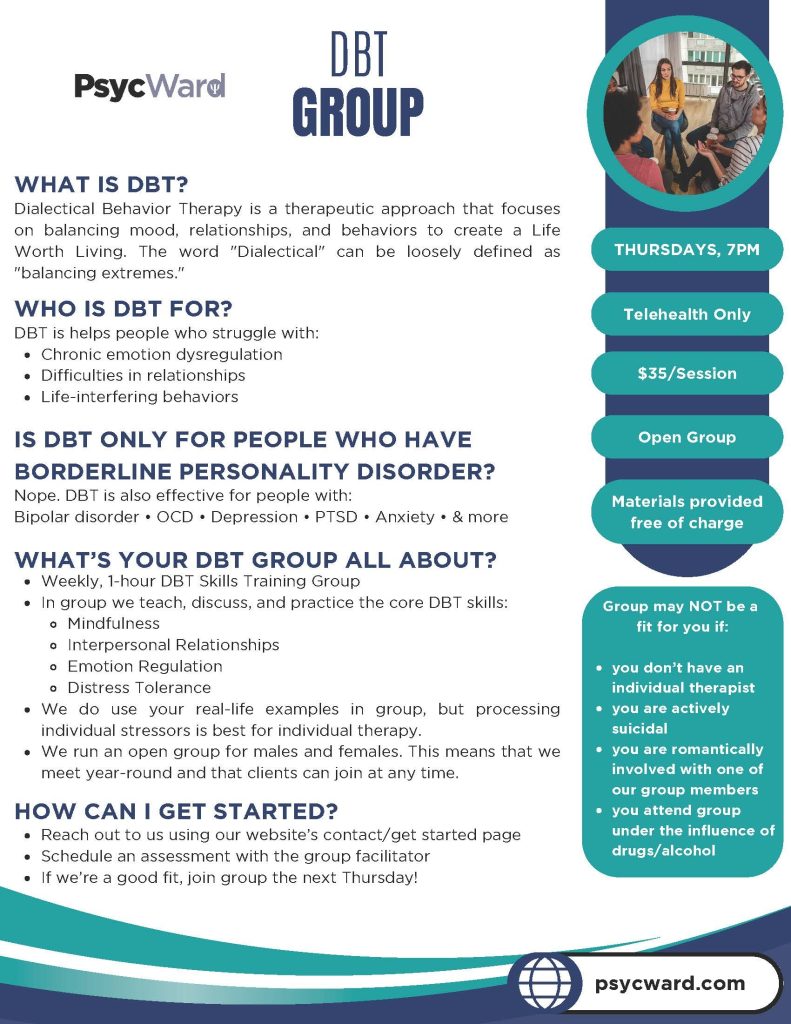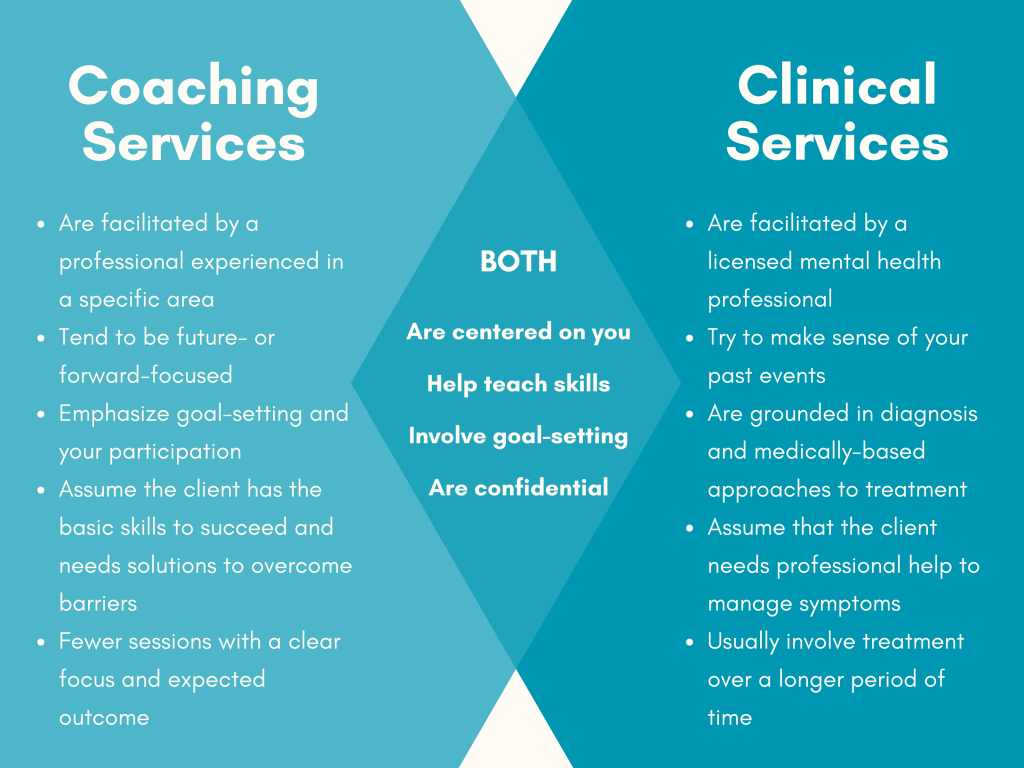By Dr. Eric Ward
A few years ago, I had to have an MRI for the first time. As the tech was prepping me for the test, he asked me if I have any problems with anxiety. “Who, me? Pfffft. I’m good. Slide me in and do your little test.”
He started by putting a heavy lead vest over my chest. Well…. that’s a little uncomfortable, but I’m good. So I closed my eyes, figuring I’d just space out for the duration. As the machine started sliding me back into the opening, my shoulders were immediately compressed inward. Turned out I was a bit wider than the opening. Still, not great but this is no big deal. Right? The machine stopped and then I made the critical error. I opened my eyes.

Three inches from my face was nothing but plastic. And the sides of the machine were pushing on me. And there was the heavy lead vest pushing down on my chest, making it harder to breathe. And… I panicked. I could feel my heart racing. It was hard to take a deep breath. My fingers and toes started tingling and I started to sweat. Then the inevitable happened; my mind went a bit berserk, thinking all sorts of random and illogical things. “Am I going to die?” “Should I just push this little panic button he gave me and get out here.”
Being the (insert sarcasm) highly trained and experienced mental health clinician I am, I started using some of the techniques we teach our clients. In particular, relaxation breathing techniques. In…. hold…. out. Repeat. About 2 cycles in, the clearly lacking-in-compassion tech dude says, “Ok, take a deep breath and hold it.” Umm… no. You’re messing up my breathing exercises, man.
I eventually got myself through the MRI by tilting my head back and watching the clouds roll by through the slit of a window I could barely see. But I learned something about myself: turns out I’m a wee bit claustrophobic. Me, the 6’4″ tough guy who turns trees into furniture is scared of little ol’ tight spaces.
When most people think of anxiety, they imagine panic attacks. That full-blown, I-think-I-might-pass-out kind of anxiety. In reality though, most people who experience anxiety have it in a much milder form. But what they might not know is that it doesn’t have to be a major panic attack for them to experience the physical symptoms of anxiety. On the flip side, a lot of people who are experiencing anxiety don’t recognize it as such and instead just pass it off as some sort of medical issue.
Below are the most common ways anxiety rears its ugly head physically in our bodies.
Symptom #1: You Have to Pee. ALL. THE. TIME.
Do I have a urinary tract infection? Am I drinking too much water? Both questions that you should address with your doctor if you’re concerned, of course. But if there’s no physical reason for you feeling like you have to go to the bathroom far more frequently than most people, you might want to consider anxiety as a possible explanation.
Symptom #2: You carry a bucket and a roll of toilet paper everywhere you go because your stomach is frequently upset
You know how people always say “trust your gut”? This is never more true than when trying to decide if your physical symptoms might be pointing you toward anxiety. Medical scientists have learned a ton over the past few decades about the connections between gut health and the rest of our body. But they’ve also learned quite a bit about how gut health is connected to mental health. Made up of more than 100 million neurons, the network of nerve cells that line the digestive tract is so significant, scientists often refer to it as the “second brain.”
Diarrhea, constipation, Irritable Bowel Syndrome (IBS), nausea, and even vomiting are all symptoms to pay attention to when it comes to evaluating yourself for anxiety.
Symptom #3: You get more headaches than a kindergarten teacher with a class full of boys with ADHD
What some people refer to as “tension headaches” are often well-hidden symptoms of anxiety. And there’s actually a connection between the two. When we get anxious, our muscles tend to tense up. When the muscles getting tense are the ones in our head and neck, this leads to a headache. Anxiety can also cause cluster headaches – that super painful, sharp pain right behind the eyes. People who have anxiety are also much more likely to experience migraine headaches.
Sign of Anxiety #4: You’re often tingly, and not in a Spidey-sense sort of way
You know how you get that feeling like your fingers or feet are being pierced by millions of tiny little pins and needles? Sure, it could be a nerve problem. Maybe you have diabetes and neuropathy. But if it’s not a medical problem, take a look at anxiety as a potential cause. And it’s for the same sort of reasons. Neuropathy is caused by our blood vessels contracting, which decreases the amount of blood that can flow through them. This makes our extremities feel cold, numb, or gives us that pins and needles feeling. Anxiety causes pretty much the same thing. When we get nervous, our blood vessels also constrict, and the same result happens (although usually just temporary rather than permanent like with neuropathy).
Sign of Anxiety #5: You’ve got an itch that needs to be scratched, and it’s not the fun kind
There are about 107 things that can cause itchy skin (ok, I made that number up). Things like eczema, psoriasis, allergic reactions. But if none of those are the cause and you find yourself constantly scratching at an itch somewhere, it may be your body’s way of telling you that you’re anxious. Doctors call it “psychogenic itching” – essentially your skin reacting to whatever is going on in your brain that makes you feel nervous.
As a side note, this is the same reason you’ll often see someone sort of absentmindedly scratching somewhere on their body when they’re being confronted by another person, called out for lying, or some other anxiety-inducing situation.
So, What Should I Do?
First… talk to your doctor. Make sure there isn’t a genuine medical reason for any of the symptoms listed here. If they tell you that it might be anxiety, set up an appointment to talk to a mental health professional like one of ours at PsycWard. They can help you figure out if therapy might be a way to learn to reprogram your brain so that these anxious thoughts don’t end up manifesting as physical symptoms. It’s either that or carry around that bucket, but that’s just embarrassing.








